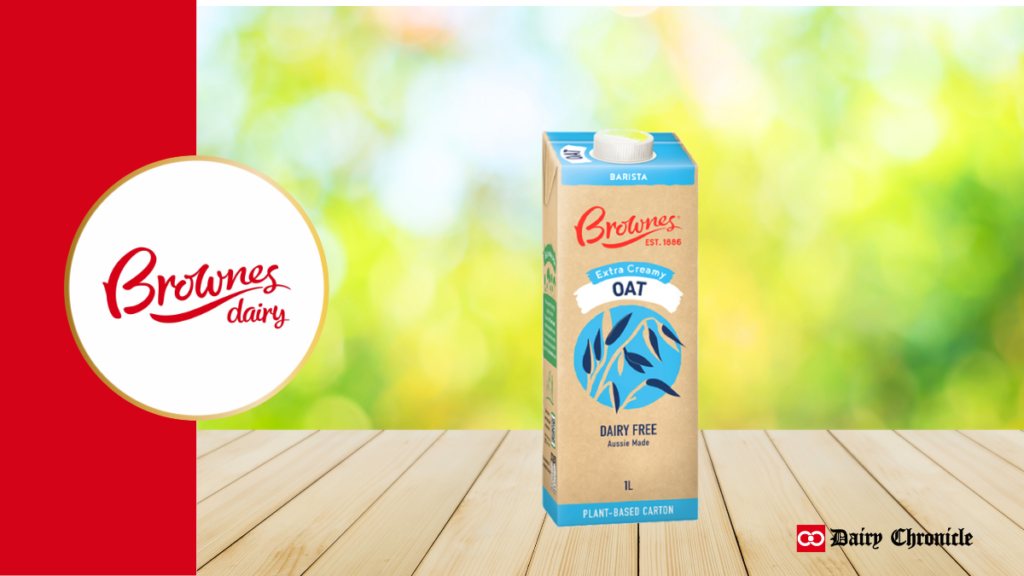Brownes Dairy, Western Australia’s oldest dairy, introduces its first range of alternative milks, including oat, almond, and soy, marking a significant expansion into the plant-based market. The new products, developed over three years, aim to meet the evolving preferences of consumers and enhance the company’s presence in the café sector.
Brownes Dairy, the oldest dairy in Western Australia, has introduced its inaugural range of alternative dairy products, which includes oat, almond, and soy milks. This launch marks a significant expansion into the plant-based segment of the dairy market, reflecting the company’s commitment to innovation and meeting evolving consumer preferences.
Product Development and Market Entry
- Research and Development
The development of Brownes’ alternative milk products involved over three years of research and development. The company aimed to replicate the quality and performance of its traditional dairy products, particularly in coffee, a key market segment. This extensive R&D process ensured that the new plant-based milks could deliver results comparable to Brownes’ established dairy offerings.
- Market Launch
The new product range is designed for sale in cafes and select supermarkets, targeting Western Australia’s significant café market, where Brownes supplies approximately 80% of the market. This strategic entry into the alternative milk sector aligns with the growing consumer demand for diverse milk options and positions Brownes as a key player in this expanding segment.
Consumer Trends and Market Insights
- Shifting Preferences
Research by Brownes revealed notable shifts in consumer preferences, with a significant portion of the market exploring or regularly using plant-based milk alternatives. Despite traditional dairy milk remaining the dominant choice, approximately 25% of consumers use a combination of dairy and plant-based milks, such as white milk for cereal and plant-based options for coffee. Only 5% exclusively consume plant-based milk.
- Café Sector Trends
The research also highlighted a growing trend in the café sector. According to data from Muzz Buzz, a coffee shop chain in WA, orders for drinks using dairy alternatives increased by over 260% between 2021 and 2022. This surge underscores the rising popularity and acceptance of alternative milks among consumers.
Product Performance and Market Opportunities
- Quality and Consistency
Brownes’ alternative milks are formulated to meet the high standards set by the company for its traditional dairy products. The company’s attention to the interaction between these plant-based milks and coffee reflects a commitment to delivering quality and consistency in a rapidly evolving market.
- Emerging Alternatives
Additionally, the introduction of new alternatives such as tiger nut milk—claimed to be nutritionally comparable to cow’s milk while offering a more sustainable option—illustrates the expanding variety of plant-based milk options available in the Australian market.
| Milk Type | Description | Target Market | Retail Locations |
| Oat Milk | Plant-based milk made from oats, suitable for coffee and cereal | Cafes, Supermarkets | Select cafes, supermarkets |
| Almond Milk | Dairy-free milk made from almonds, ideal for coffee and baking | Cafes, Supermarkets | Select cafes, supermarkets |
| Soy Milk | Soy-based milk, commonly used in coffee and cooking | Cafes, Supermarkets | Select cafes, supermarkets |
Brownes Dairy’s launch of oat, almond, and soy milks represents a significant step in its strategy to innovate and adapt to changing consumer preferences. By entering the alternative dairy market, Brownes not only responds to current trends but also reinforces its position as a leading provider of high-quality dairy and dairy-alternative products in Western Australia.



